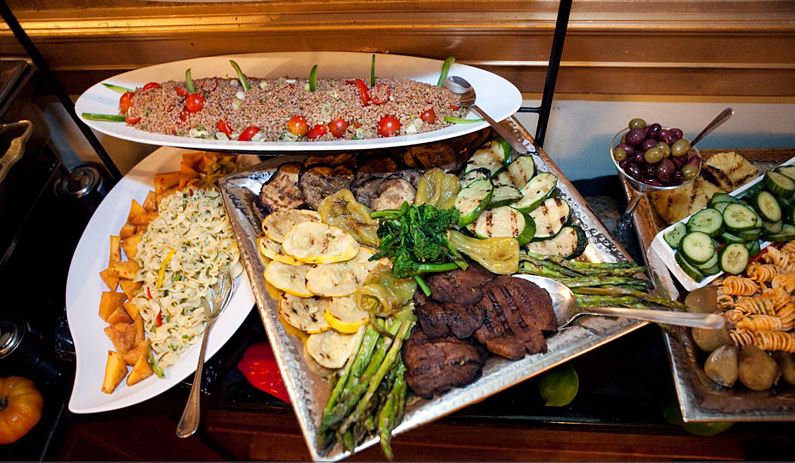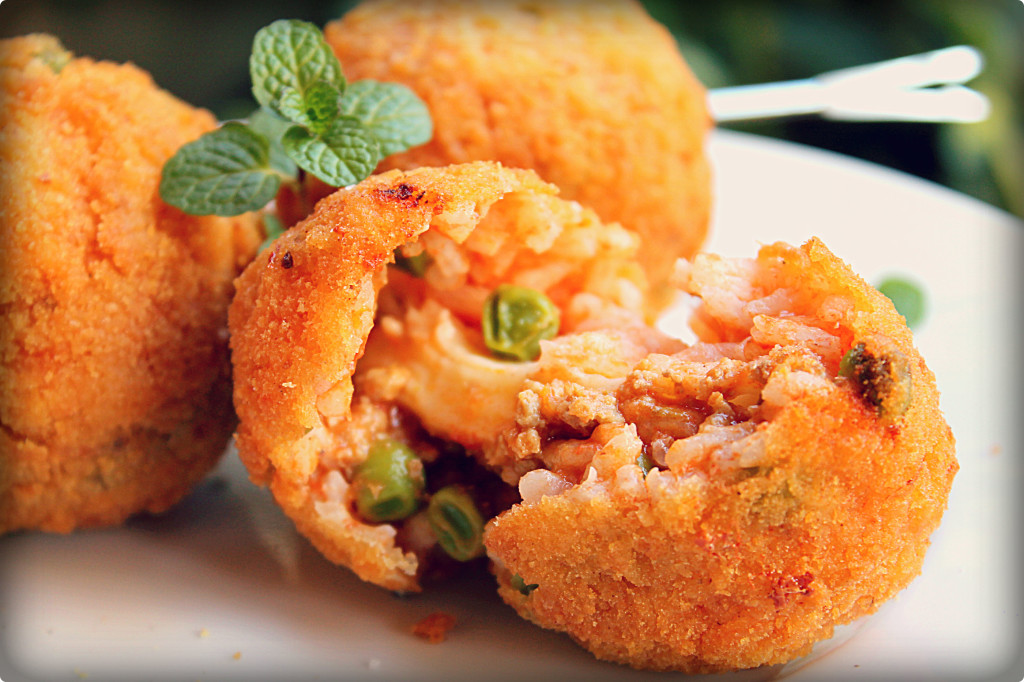I never officially “learned” how to cook; even now when I make food, I find myself fumbling around in the kitchen. Before college I was responsible to feed myself in the interim between getting out of class and my parents returning home. During those few hours of freedom, instead of trying to learn the basics of cooking – eggs, pasta, vegetables – my brother and I mastered heating up our favorite junk foods – taquitos, pizza rolls, toaster strudels, and the like.
The problem was that I never cared much about cooking. If I’m being honest, I was always more interested in the end result than the work that went into it; this explains why I ate so much frozen junk food. While growing up, cooking seemed like a magical process that went on behind the scenes, nothing to concern me with. I recently asked my mom why I was never taught to cook. She said it just slipped her mind. “But it’s never too late to start,” she added cheerfully.

Photo courtesy of Domgiordano.com
I took a similar stance on cooking as a freshman in college, approaching my first year of no parental supervision with reckless abandon and lots of microwaveable mac n’ cheese (sorry, Mom and Dad). The greasy communal pots and old, dirty oven that served as our dorm kitchen didn’t do much to inspire curiosity.
By my sophomore year, I had a kitchen of my own. When my lack of experience finally became an obstacle, I was at the grocery store with my then-boyfriend. I decided I wanted to buy pasta, but I had a dilemma: what do I use for sauce? I asked my boyfriend what he thought, and he took me to the aisle of jarred sauces. The Italian inside of me cringed. “You can’t use jarred sauce.” Immediately, I called up my mom and asked her what to do. After chastising me for even considering using “that stuff”, she gave me a recipe for marinara: one can of crushed tomatoes, sautéed garlic, and a pinch of red pepper flakes. Simple.

Photo courtesy of Nancy on couponclippingcook.com
My mother is from a large family of Irish and Russian descent, where cooking came almost naturally to her, purely through exposure. Living with eight people under one roof meant there was always food being made, and it became her hobby to hang around the kitchen and watch. As the second oldest she would occasionally cook for her younger siblings, whom she subjected to her earliest culinary experiments.
When she married my father, the third generation in a line of Italian immigrants, my mother began to learn his family’s recipes. With the help of her mother-in-law and grandmother-in-law, she compiled a mental rolodex of dishes, passed down from memory. “Cooking is not an exact science,” she would say, “That’s why it’s easy not to learn by a book.” It’s also extremely irritating because the measurements for her recipes are abstract guesstimates like “a scoop” or “until you think it’s enough.”
Despite the lack of instructions, my first attempt at marinara was inspiring, leaving me wanting to call my mom again and learn more from her. It seems to me it’s these recipes, which undergo generations of tweaking and testing, that make up a tradition. They bring families together over a shared experience; something that can create new memories while we reminisce over old ones. “Cooking is about spending time together in a kitchen and adapting others’ cooking into your own,” my mom once explained to me.

Photo by Haley Greco
This is real comfort food; dishes that give you a reassuring feeling of connection and a sense of identity when you take part in them. My mom makes her sauce the same way my great grandmother did, and her relatives before her. It’s the best sauce in the world, even if it realistically isn’t, and I crave it so much when I leave home that I hoard containers full of it in my freezer at school.
Now that I’ve reached my twenties, my (very traditional) grandmother has taken it upon herself to ready me for adulthood, which mostly consists of overzealous conversation about marriage, but also includes involving me in cooking when I visit her. She directs me to stir this, taste that, and add some salt, while she handles the other three burners plus the oven, all taken up by different vegetables and meats.

Photo courtesy of therealitalianfood.com
It’s exciting to be a part of cooking the meal, and when I go home I try to worm my way into the kitchen as much as possible. My mom, a clean freak, hates it when I splash flour onto the black granite countertop or let sauce bubble and spurt over the edge of the pot. I guilt her in return, pointing to the fact that at least I’m finally learning.
In a time where we can instantaneously pull up multiple versions of any recipe on our phones, there’s something comforting about returning to your roots. It’s important to carry on tradition, at the very least because the food is good and it’s worth sharing. I feel an urgent need to master my family’s recipes, and I have no shame in relying on my reserve of frozen sauce until I do.


